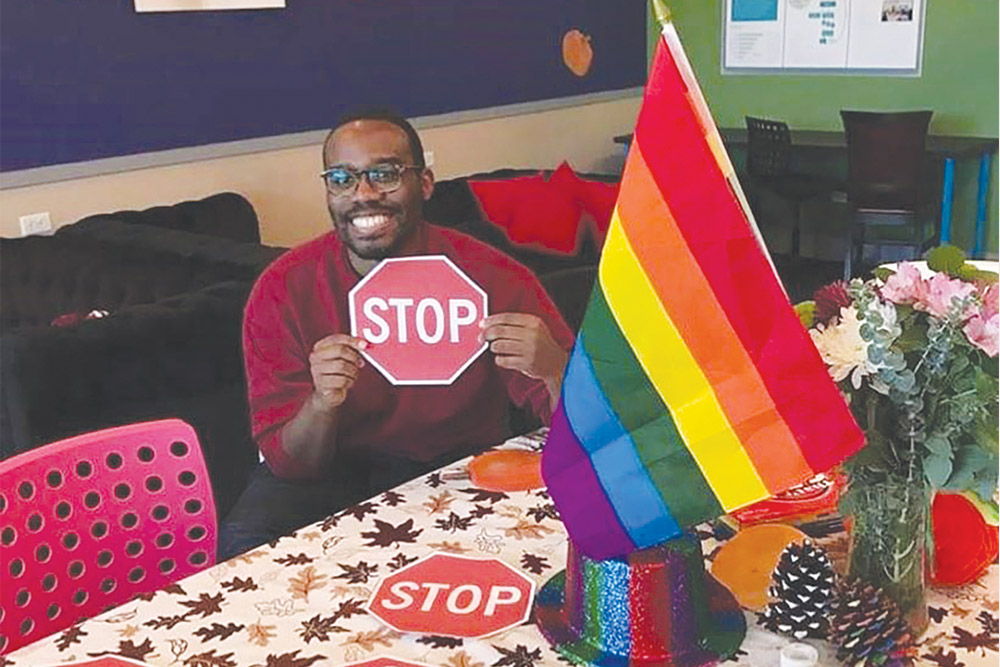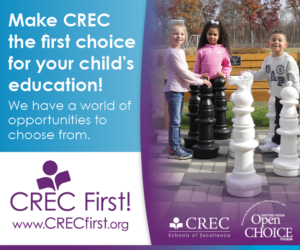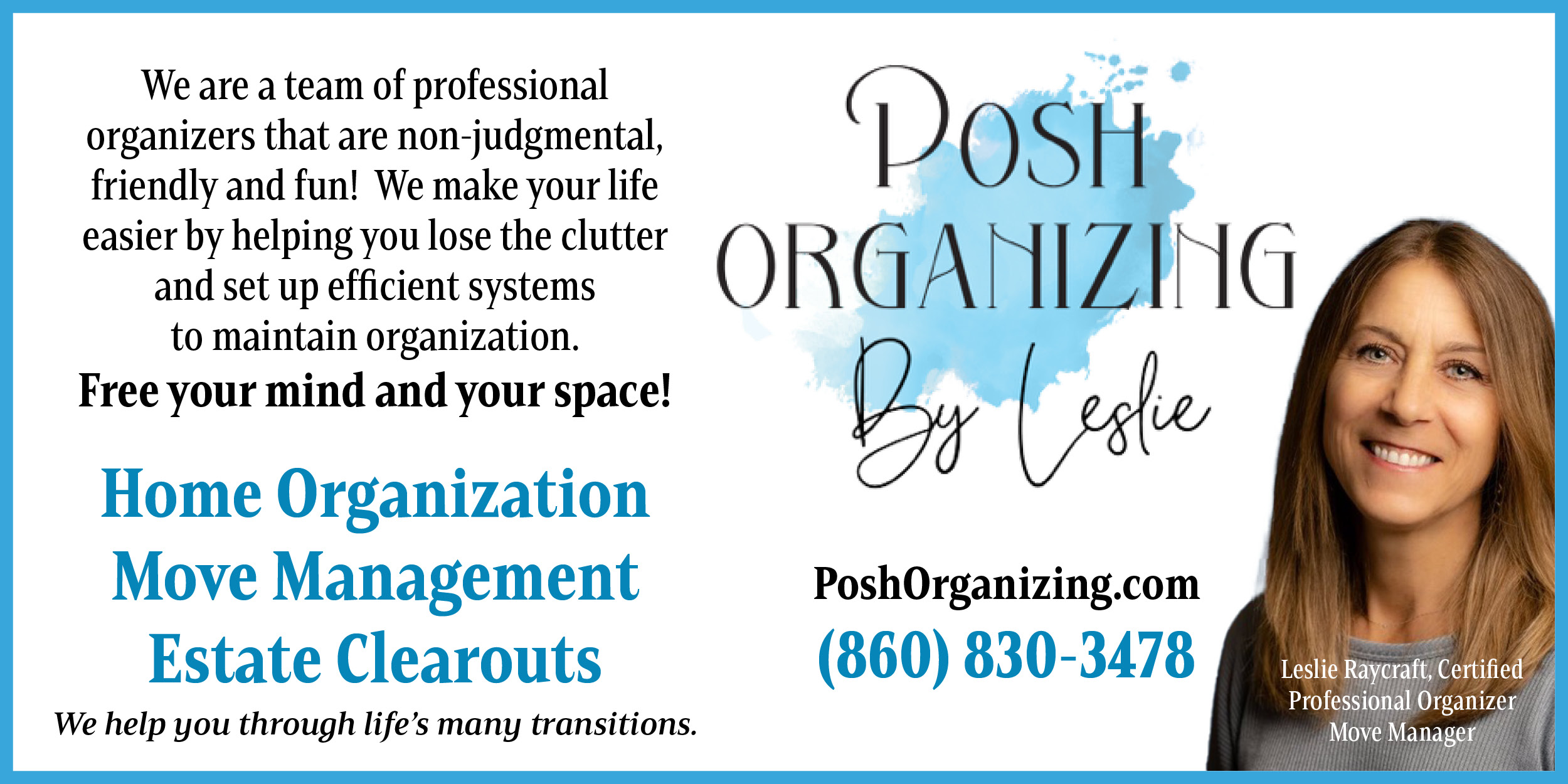In These Trying Times, Our Community Hears a Call to Action
By Quinn Roberts
This year’s Pride Season looked different than it usually does, with the COVID-19 pandemic and demonstrations against police brutality putting a stop to the typical festivals and celebrations. But, of course, the LGBTQ community always has opportunities to get educated and join the action.
We spoke with advocate Claude Louis – who recently hosted a webinar during Pride with the Center for Family Justice in Bridgeport – about the evolving meaning of Pride and our community’s role in these unprecedented times.
CT VOICE: The COVID-19 pandemic and the recent protests put a halt to the typical Pride celebrations. But in lieu of festivals and gatherings, we have opportunities to reflect on what Pride really means. This year, what does Pride mean to you?
CLAUDE LOUIS: Pride is usually hard for me every year. It’s supposed to be a celebration — we’re queer, we’re able to live openly, we celebrate our culture and liberation. But not everyone is liberated. So, at times I’ve felt that Pride overshadows conversations about what it means to be queer and truly free and equal in America. Yes, we have marriage equality and, in some places, we can hold hands and express same-sex love openly, but for most of the country, queer people are still afraid.
In the midst of every Pride season, I remind myself that Pride started as a riot. We demanded equal rights, an end to violent persecution of queer people, the freedom to be ourselves. It’s great that we’re dancing and celebrating, but it’s always easy to forget that a lot of members of our community are still fighting for that freedom. And in light of recent killings of unarmed black men and women, and especially recent murders of trans women of color, the protests all around the world have been thrilling to me. I’m glad that this year Pride is a little less celebratory, and a little more call-to-action. It’s unfortunate that we’ve been brought to action by COVID-19 and police brutality; I wish it could be more organic and gradual, but I’m just happy to see people linking arms and joining in solidarity.
CT VOICE: What issues are especially relevant and specific to Connecticut’s LGBTQ community?
CLAUDE LOUIS: Connecticut has a huge issue with LGBTQ homelessness, especially transgender homelessness. Nationwide, LGBTQ people are overrepresented in our homeless populations. The Trump administration’s recent attacks on LGBTQ healthcare protections, too, make me think of the struggles I’ve witnessed working with these populations in shelters.
It was always a struggle to get homeless trans individuals to their shelters and watch them get placed in environments that don’t match their gender identity. For instance, a trans woman in the process of hormone therapy might get placed in a male shelter, and that’s not safe for her — it heightens her risk for violence, for sexual assault, and the misgendering also retraumatizes her.
In recent years, most of the shelters in Connecticut have done a great job learning about cultural competency with trans populations. Trump’s rollback erases that work though — it’s no longer required, and it makes it easier to ignore the threats trans people are facing. On top of that, Connecticut also got some attention for the recent lawsuit against transgender high school athletes in Glastonbury. It might not seem related to Trump’s rollback at first, but the precedent it sets is extremely dangerous for trans people in our state, and the lawsuit is an example for this.
Connecticut has a long way to go in accepting and understanding our trans residents. The LGBTQ community has a responsibility to educate our public, give platforms for transgender people to speak about their issues and needs, and increase the resources for trans individuals, especially among homeless populations. Most of all, we need to make it clear that transphobia just isn’t right.
CT VOICE: How would you like to see the community reshape our priorities?
CLAUDE LOUIS: I want our community to devote itself to being anti-racist. For white allies, becoming anti-racist is really hard work — it’s uncomfortable to sit with these feelings. People aren’t born bigoted, but they’re socialized in a bigoted environment and given subconscious biases. It’s extremely difficult to unpack the ignorant things you’ve been taught and analyze your awareness of it all. But the LGBTQ community needs to unpack its biases and, really, we need to stand up for one another. If one of us isn’t free, then none of us is free. Trans people are still subject to violence, queer black people still face a great deal of racism. We’ve been avoiding these realities for a while, but now is the time to unpack them and to truly support each other.
CT VOICE: Your work in Connecticut’s LGBTQ community is focused primarily on youth issues and youth programming. How do you feel young queer and trans teens are responding to this uncertain time?
CLAUDE LOUIS: Our youth are really the leaders. All around the world, on social media, they’re the ones saying, “Enough is enough.” They’re bringing attention to these issues, and their voices are reaching people and changing opinions. A recent Black Lives Matter march in New Haven drew thousands of demonstrators, and it was organized by a teenager! That’s amazing to me.
Among the LGBTQ youth in Connecticut, we still have an apprehension towards the system. But in lieu of systems, queer and trans youth are forming bonds and developing mutual aid independent of the system — something I refer to as the “queer survival network.” It shows that young people can survive without the help of adults, and it also shows that young people believe that being true to their identities is a central, urgent issue. In the face of violence and discrimination, they want to be themselves. As a gay man, it makes me extremely proud.
CT VOICE: What do you love most about Connecticut’s LGBTQ community?
CLAUDE LOUIS: As a Connecticut native, it brings me joy to watch children come out of the closet at younger ages than I ever did. This summer in particular, I’ve also been grateful to hear no complaints about the cancellation of our regular Pride. So many of our LGBTQ figures and organizations have been using their platforms to draw attention to Black Lives Matter, and they did it without being asked. There’s still a lot of fight in the LGBTQ community, and I love seeing that. It’s something to celebrate.









More Stories
Connecticut Sun: Playing for Good
Call Him Mister Connecticut: Jean Carlo Salazar’s Journey as Nurse, Model and Pageant Contestant
Ensuring a Seat at the Table